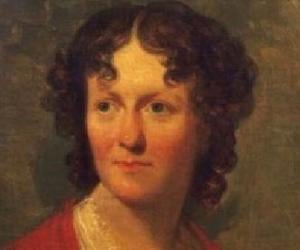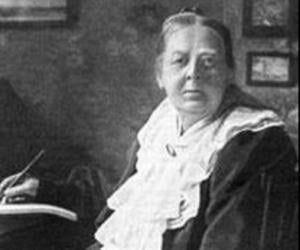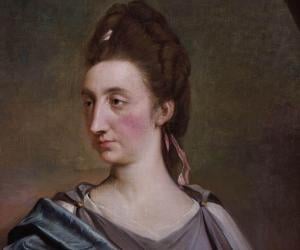Mary Wollstonecraft was an English writer, advocate of women's rights, and philosopher. Wollstonecraft, who attracted a lot of attention for her unconventional personal relationships, is widely considered a founding feminist philosopher. Although her unorthodoxy initially attracted criticisms, her advocacy of women's equality became increasingly important during the 20th century. Modern-day feminists cite her works and her life as important influences.

Philippa Foot is remembered as a forerunner of what is now known as virtue ethics. Granddaughter of American president Grover Cleveland, Foot laid down the Trolley problem and believed that the morality of any act is related to its rationality. She was also associated with the charitable organization Oxfam.

Lady Margaret Lucas Cavendish was an English poet, philosopher, playwright, fiction writer, and scientist. Margaret, who had the audacity to publish her works without using a pen name at a time when female writers remained anonymous, was ahead of her time. Not surprisingly, she was considered eccentric and earned the nickname Mad Madge. Her works gained popularity in the 1980s.
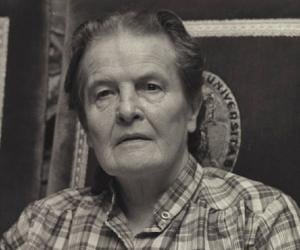
A prominent figure in the philosophical movement of Analytical Thomism, British analytic philosopher G. E. M. Anscombe is remembered for her writings on the philosophy of mind, philosophy of language, philosophical logic, philosophy of action, and ethics. The term consequentialism was introduced by her in the article Modern Moral Philosophy which has influenced the emergence of contemporary virtue ethics.
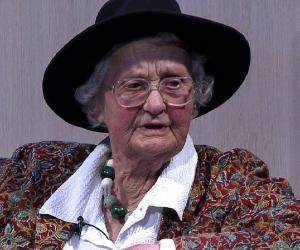
Leading British moral philosopher Mary Midgley, described as a fiercely combative philosopher by The Guardian, was known for her work on ethics, science and animal rights. She worked as senior lecturer in philosophy at Newcastle University and penned over 15 books, including Beast and Man, Animals and Why They Matter, Evolution as a Religion and Science as Salvation.

